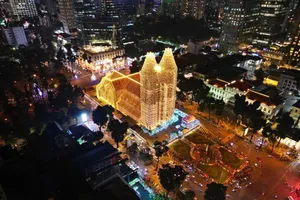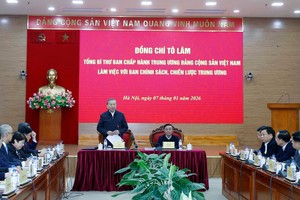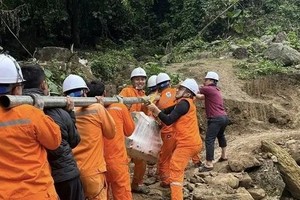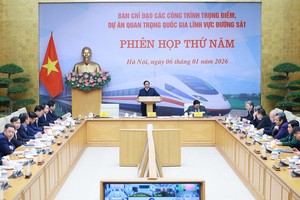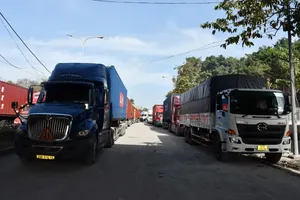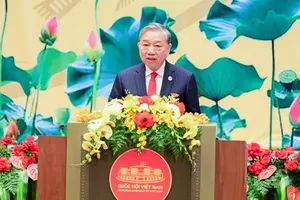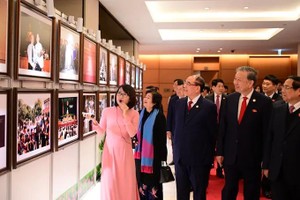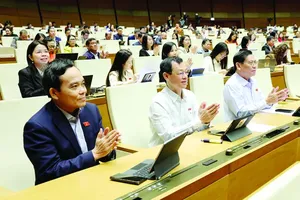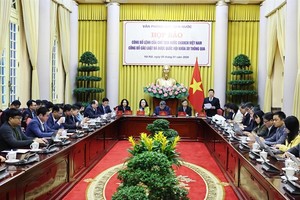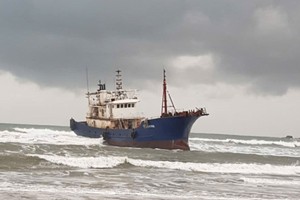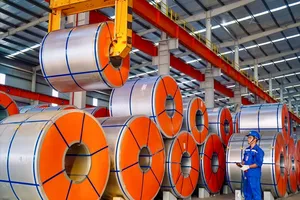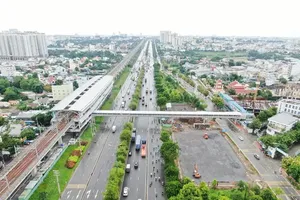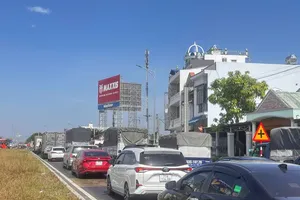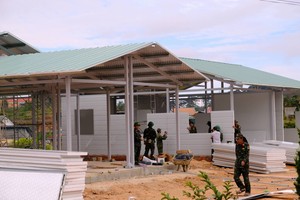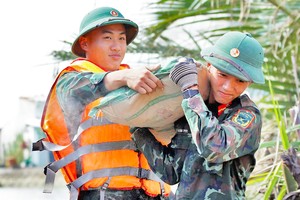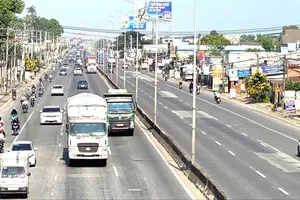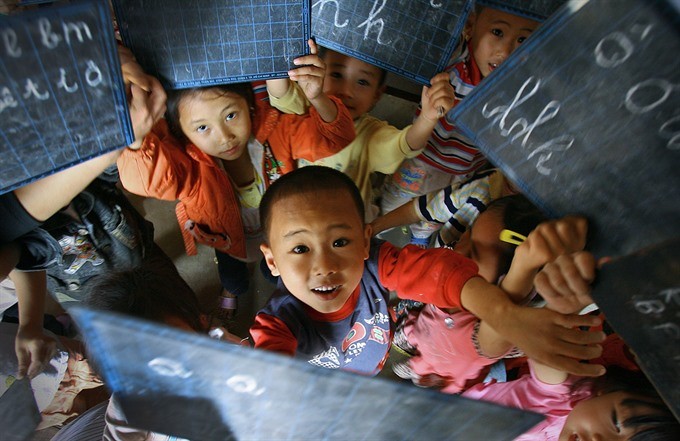
The hotline was launched to replace the children and consultation hotline 18001567 which has been used for more than 13 years.
“The hotline is a special public service which receives information, notifications and denunciations related to child abuse and violence from organisations, agencies, educational institutions, families and individuals,” Dao Ngoc Dung, Minister of Labour, Invalids and Social Affairs said at the launching ceremony.
It also provides information, legal consultations, policies, knowledge and skills related to children’s rights observation and psychological consultation for children and families.
Dung, also vice president of National Committee for Children, said that every year in Vietnam there are thousands of child fatalities, mostly due to drowning and abuse. Recent cases of murder and abuse of children have stirred public outrage.
“It is time to not only stop at calling for sharing but also to require every organisation, agency, parent, child caregiver to take action to promptly prevent and handle violations,” Dung said.
He said that with the efforts of MOLISA, the Ministry of Information and Communications along with telecoms firms, the national hotline will always be “an accompanying friend” of children and everyone who is concerned with children’s rights protection.
He called on organisations, agencies and individuals to use the hotline to report and denounce all violence or abuse against children.
MOLISA also announced an action plan which focuses on links among ministries, agencies and localities in implementing goals of children projects in 2016-2020. The plan looks to create a healthy environment for children growth and realize their basic rights.
The committee will launch activities to prevent drowning among children and combat violence and sexual abuse against children.
Creches in industrial parks
The Government will speed up surveys of provinces with many industrial parks like Dong Nai to come up with incentives for setting up creches for immigrant workers, visiting Deputy Prime Minister Vu Duc Dam told Dong Nai Province leaders at a meeting on Tuesday.
“The current policies related to creches are obsolete and need to be changed to meet the increasing demand.”
He said a circular from the Ministry of Education and Training stipulating that any crèche with over 50 children must be upgraded into a school needs be reviewed and amended.
“Relevant authorities must sit together to amend the Land Law so that land owners do not need to convert their land into ‘education’ land for setting up kindergartens.”
Nguyen Hoa Hiep, deputy chairwoman of the Dong Nai People’s Committee told the meeting, “The Government should issue regulations requiring investors and businesses in industrial and processing parks to build kindergartens for their workers’ children.
“The Government should offer incentives related to land, investment and taxes to encourage non-public kindergartens in industrial and processing parks.”
Dong Nai has 32 industrial and processing parks along with 27 industrial clusters, and they have over a million workers, 70 per cent of them from other provinces.
The province has 324 public and private kindergartens along with over 1,000 private creches.
Hiep said: “Public kindergartens only admit local children and they should be aged at least 24 months. Most workers’ children go to private creches that are expensive but have low-quality infrastructure and education.”
She also said that most violence by teachers on children occurs in unlicensed private creches with the victims mostly being children of migrant workers.
In HCM City, deputy chairman of the People’s Committee, Le Thanh Liem, has signed a decision to investigate the activities of private creches by January 30 next year.
Authorities will check the infrastructure, quality of staff and quality of children’s care and education.
“All violations will be severely penalised, and kindergartens will even be shut down if needed,” the letter said.
It also instructed local authorities to strengthen oversight of creches and said it is their responsibility to prevent violence against children by teachers.
It encourages installation of cameras in private creches.
